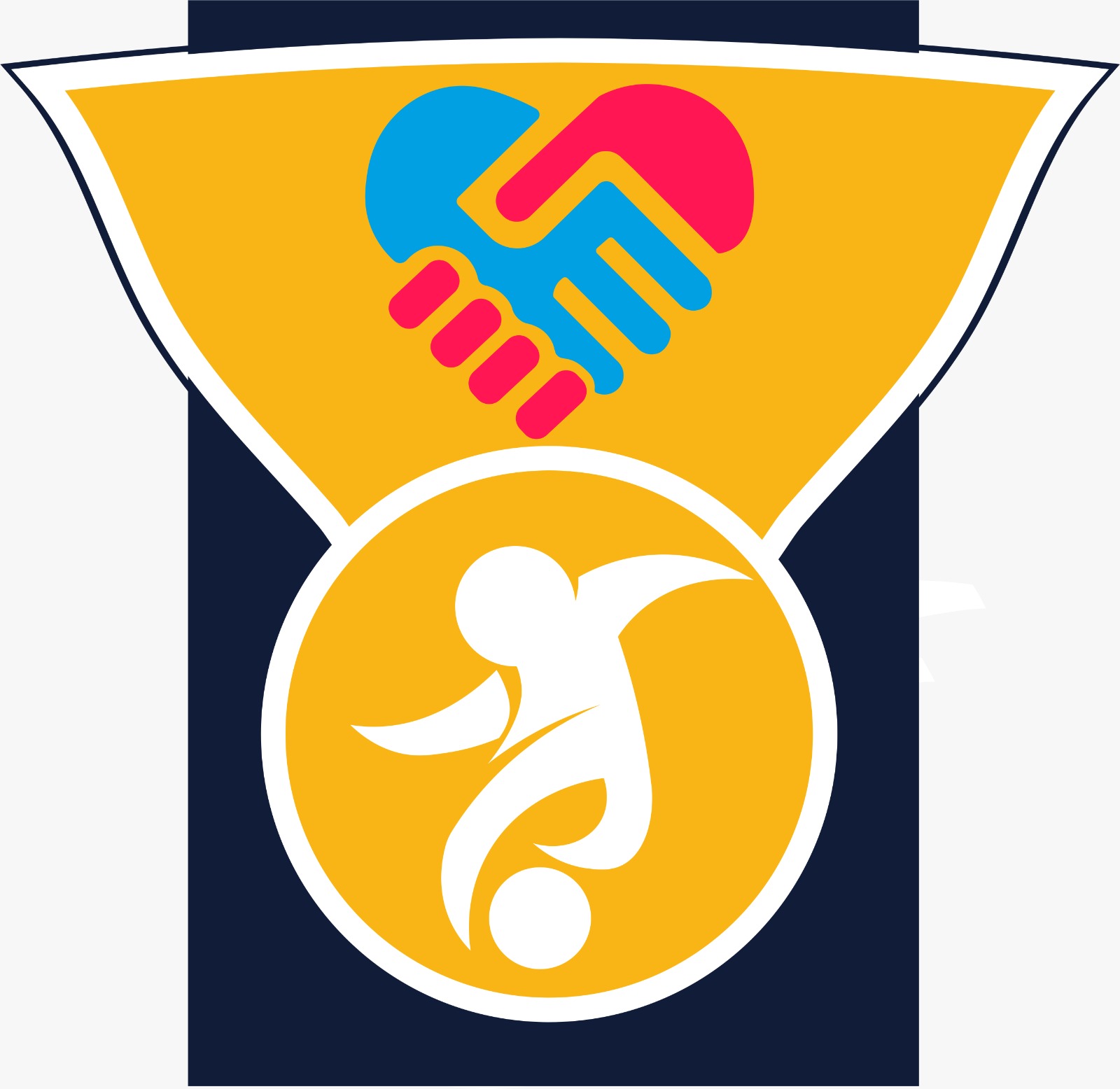1. What is the purpose of the guide?
The two guides will provided research-informed suggestions and guidance to help parents and coaches independently and together enhance their interactions and relationships. Specifically, each guide will provide a summary of the key literature highlighting the importance of the parent-coach relationship and some key strategies to maximise the positive engagement between parents and coaches.
2. What are the mistakes that coaches usually make when working with parents?
Working with parents is a really important part of a coach’s job, because parents are the main influence in young people’s lives. When coach’s anticipate or perceive that parents are going to cause problems and approach them with a negative mindset this will have a detrimental impact on all future interactions. Additionally, it is important to remember that all parents are different, with different expectations and experiences. If coaches do not take the time to get to know parents and understand what it is that they want and what experiences and skills they have, it is really hard to develop open, honest, and effective relationships.
3. What tools does the coach have to manage the relationship with parents?
There are lots of simple things that coaches can do to start to develop and enhance their relationships with parents. The first is taking time to get to know parents early in the season -host some social events for parents, athletes, and coaches and spend time learning about the experiences and expectations of parents. Second, make communicating with parents one of your number one priorities – give them some brief insights into what you are working in in training, what your goals are for matches, what you are hoping to achieve with the team and then help them to understand how they can help you to work on and develop these areas. Finally, take time to understand the demands and challenges that parents are facing and the pressures they experience when trying to support their children in sport and see if there are any ways you can help – e.g., facilitating parent networks to help them share lifes, communicating team line ups early so parents can plan, and reducing costs of training and matches can all help parents.
The guide will contain the following chapters:
A booklet aimed at coaches:
- 1. Importance of the parent-coach relationship
- 2. Roles parents play in youth sport over time
- 3. Experience of parents and why understanding this is important
- 4. Communicating with parents
- 5. Strategies to enhance your relationships with parents
A booklet aimed at parents:
- 1. Importance of the parent-coach relationship
- 2. Roles parents and coaches play in youth sport and how they complement each other
- 3. Experiences of coaches and why understanding these are important
- 4. Communicating with coaches
- 5. Strategies to enhance relationships with coaches

